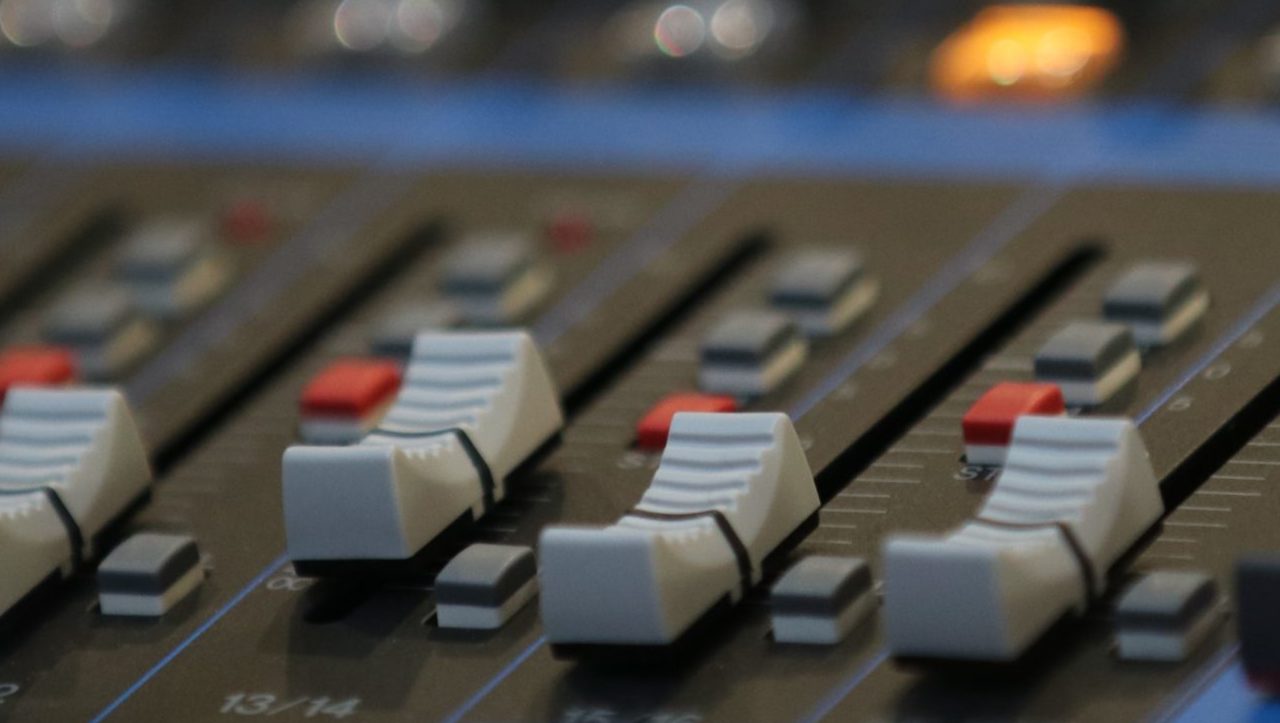Connections

M&E Journal: Audio Business Continuity Alliance Prioritizes Localization Professionals
Story Highlights
Collaboration among professional audio localization providers going forward can make the most of the lessons we’ve learned along the way.
When the COVID-19 pandemic blindsided the media and entertainment industry, it was no surprise localization service providers were among the fastest to adapt to the sudden demands for work that had to be done remotely. After all, our business has long managed talent around the world in diverse and (sometimes extremely) remote environments.
SDI Media and our localization counterparts have all been confronted with similar remote-recording challenges of late: inconsistency of audio quality, internet bandwidth interfering with recording sessions, longer hours dedicated to editing, and mixing. And, with consumers watching more at- home content than ever before, and content owners worldwide keen to keep schedules fresh, we’ve all made it work. That’s thanks to long-established workflows, reliable in-house and freelance creatives, and the ability to adapt to new technology systems at short notice.
 However, there is still a need to access the technology in a state-of-the-art studio to achieve high quality dubbing that audiences expect. SDI Media has 33 of these high-end facilities in Asia, EMEA, and the Americas, incorporating more than 150 recording rooms and 85 mixing rooms globally.
However, there is still a need to access the technology in a state-of-the-art studio to achieve high quality dubbing that audiences expect. SDI Media has 33 of these high-end facilities in Asia, EMEA, and the Americas, incorporating more than 150 recording rooms and 85 mixing rooms globally.
While most of the world was in lockdown and SDI Media was unable to access these facilities, we successfully developed a method to complete remote dubbing by voice actors at home using browser-based software SessionLinkPRO to establish an effective workflow.
Audio and video are encrypted and streamed securely, with both studio and talent able to record audio sessions. All key creatives — artist, director and sound engineer — can be involved in the sessions, with the recording engineer taking the lead. The beauty of the SessionLinkPRO solution is that it works like the conference call apps that we have all become so used to, whilst working from home.
Each participant receives an invitation to attend a session and we can follow the same workflow as if we were all in the studio together.
Clients and voice artists have been open to exploring this option as a path through the shutdown and they have been pleased to find that our solution only requires the studio to have a license and does not put extra licensing burdens onto the individuals who are helping us to make this a viable solution.
We first developed this method for our client A+E Networks UK, who had a critical need to continue the delivery of Hungarian dubbing.
SDI Media Hungary, led by country manager Nicolette Szabo, identified more than 150 actors who have all been tested and approved for remote recording. So far, they have delivered 40 titles each month to A+E Networks UK for their broadcast schedules, including “Forged In Fire” “Pawn Stars.” “The Curse Of Oak Island” and “American Pickers.” Each recording includes up to five voices.
Remote recording does come with its challenges, primarily inconsistency of audio due to recording in non-treated rooms (early reflections, reverberation, room modes, etc.), recording sessions can take longer depending on internet connectivity and more time can be required for editing and mixing. We have developed an onboarding process that requires a test recording to be completed.
We were pleasantly surprised to find most voice actors have sufficiently sophisticated equipment already and by following the supplied check list of actions have been able to improve the quality of recordings made in their home environments.
 However, while we’ve collectively adapted to the reality that voice actors can no longer easily come into our recording studios, and we’re still connecting worldwide audiences (quickly and accurately) with the content they’re demanding, this industry- wide fire drill has exposed areas where our community — the companies and artists who thrive off providing professional audio dubbing services to content creators — can improve, be more efficient, reduce redundancies, and get ahead of content owner concerns, if we work together. By collaborating on the unique challenges we’re facing, we can ensure both artists and our businesses are better prepared to tackle whatever may come next.
However, while we’ve collectively adapted to the reality that voice actors can no longer easily come into our recording studios, and we’re still connecting worldwide audiences (quickly and accurately) with the content they’re demanding, this industry- wide fire drill has exposed areas where our community — the companies and artists who thrive off providing professional audio dubbing services to content creators — can improve, be more efficient, reduce redundancies, and get ahead of content owner concerns, if we work together. By collaborating on the unique challenges we’re facing, we can ensure both artists and our businesses are better prepared to tackle whatever may come next.
That’s the idea behind the formation of the Audio Business Continuity Alliance (ABCA), a new nonprofit group that brings together content providers, dubbing studios and the talent we employ under one umbrella. The ongoing COVID-19 pandemic served as a catalyst for the ABCA’s formation: between disparate technologies, hardware and workflow solutions coming from vendors, and wide- ranging requirements for remote-recording demanded by content producers, the need for our area of the industry to work off the same page has become a necessity, and quickly so.
ABCA promises to administer a registry and certification program for voice talent. It will ensure those professionals are equipped, informed, and able to continue working during any future disruptions to what we’ve long considered normal business operations. And it will create standards and certification programs around our way of doing business.
Maybe most crucially, ABCA seeks to ensure a baseline Acceptable Recording Quality (ARQ) in professional audio work delivered, that all localization companies and their clients are guaranteed a level of quality industrywide.
Our most difficult and challenging periods of societal upheaval can result in positive advances. That’s the opportunity available to our business today. We now have an outlet allowing us to collaborate, confront our collective hurdles, and better approach how we do business.
* By Nicky McBride, VP, Business Development, SDI Media
———————-
Click here to translate this article
Click here to download the complete .PDF version of this article
Click here to download the entire Spring/Summer 2020 M&E Journal









